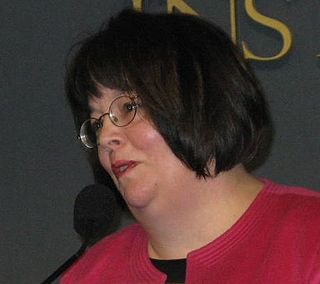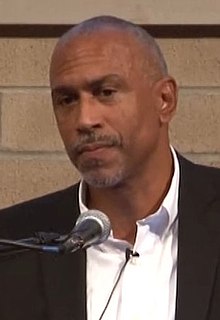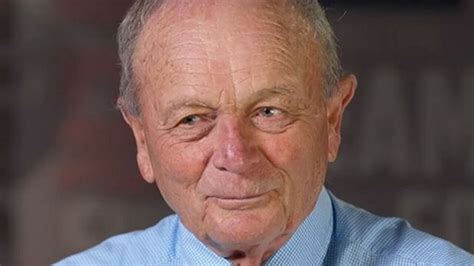A Quote by Stephen Colbert
Sure, integrating schools may sound benign. But whats the use of living in a gated community if my kids go to school and get poor all over them?
Related Quotes
When you live in a poor neighborhood, you are living in an area where you have poor schools. When you have poor schools, you have poor teachers. When you have poor teachers, you get a poor education. When you get a poor education, you can only work in a poor-paying job. And that poor-paying job enables you to live again in a poor neighborhood. So, it's a very vicious cycle.
Praise God for those of you who do homeschool. I can't emphasize enough: Do what you can to get your kids out of public school. If you can't afford to put them in a private Christian school, homeschool. Because they're being poisoned in the public schools. They're being brainwashed in the public schools, with all this secularism, with all this immorality that is being immersed into them on a daily basis.
What is a government supposed to do for its people? To improve the standard of living, to help them get jobs, get kids to schools, and have access to medicine and hospitals. Government may not directly provide these public goods and services, but government must be accountable for whether or not they are delivered to citizens.
Younger teachers are definitely more likely to have worked at charter schools as opposed to have just heard of them. Charter schools explicitly look, often, to hire younger people. I've even talked to people who didn't necessarily go into teaching thinking they wanted to work at a charter school or even may have been considered critics of the charter school movement, and found that it was the only way for them to get their foot in the door. So young people just have much more familiarity with the concept.
My father was a teacher, my mama was a community worker, I taught in so many schools. So when you get that experience of how to communicate with younger people, put that hand on them and give them that old-school feeling, the maturity and adult, a lot of our kids just need the feeling of that love, and that's the frame of reference that I teach from and that's the frame of reference that all of our musicians in the Jazz at Lincoln Center.


































